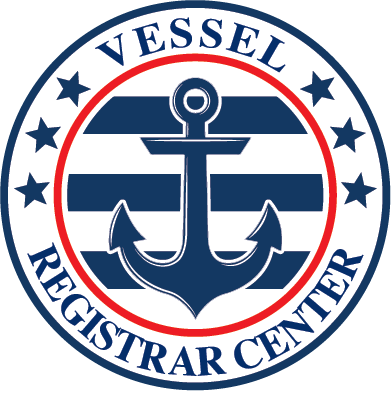State titling and USCG documentation are the two effective alternatives for titling your yacht. There are some similarities between the two, but there are also some important distinctions that you should be aware of before making a choice. However, even though the process of state titling is often more accessible and less costly than obtaining paperwork from the United States Coast Guard (USCG), you must still be aware of each option’s requirements, expenses, and advantages before making a decision.
If this is your first time purchasing a boat, determining what form of boat title you need may be overwhelming and frustrating, according to texas.gov. While figuring out where to buy a boat, getting your finances in order, and deciding which marina to buy from might be plenty to deal with, the extra difficulty of analyzing state titling against federal documents only adds to the stress of the situation. When deciding which choice is best for you and your boat, keep these factors in mind.

Only USCG-Licensed Boats May Carry Persons or Products for Hire in Interstate or International Commerce.
It’s not everyone’s cup of tea to own a boat, but everyone wants a waterfront home. What to call it and how to get it named are among the most challenging aspects of writing an article. Having a state-issued title has certain perks, but not all ships in international waters have one. Many owners opt for USCG documentation to ensure that their yacht conforms with federal regulations.
In order to carry persons or products between states, across international waterways, or even coast-to-coast, a vessel must be licensed by the US Coast Guard. All vessels transporting people or commodities for hire must be registered with the US Coast Guard (USCG). Your state or territory may permit registration and issuance of a title document (or similar). Still, your vessel is only deemed a recreational vessel by the state or territory.
Vessels Under USCG Documentation Are Exempt from State Registration Fees and Taxes
When selling your yacht, you’d want to make some more money. You may sell a documented and enrolled vessel in the state where it is presently situated since there are no insurance or tax obligations. Because of “zombie titles” (also known as registration fees) and watercraft taxes, this might save sellers time and money. The federal government handles USCG documentation and enrollment, while the states get revenue from taxes and registration fees.
Even if you don’t live near a handy USCG office, you may be able to register your boat online or in person in certain states without having to go anywhere. In contrast to “citizen rights” and “lifetime” state titles, paperwork isn’t as long-lasting and may be replaced. In most cases, documentation is valid for five years before it is renewed; however, this time limit might vary depending on the boat you own. Renewal is required if you want to retain your yacht for longer than five years. This is a better deal for those who want to keep their boat for more than five years than the yearly renewal charge.
In The Case of a Lien Being Put on Your Vessel, The USCG Will Give Your Vessel First Priority Throughout the Country.
In the United States, if you’re a citizen, your boat is likely registered in your state. Suppose you decide to relocate across the nation and claim residence there. If your vessel is registered, you may not have to pay for a fresh title transfer if you decide to sell. When a lien is put on your boat, it has national priority if the USCG documents it.
You can only title in your state; therefore, it’s not as generally accepted as paperwork recognized throughout the country. However, there is a danger in doing so. It may be more difficult to buy another vessel if you lose your state title after transferring ownership if you’re traveling and need to sell your boat with a state title. In addition, since debt collectors give state titles priority over other legal instruments, you face the possibility of other creditors seizing your title and enforcing their claim on it.
Both USCG documentation and state-level titling are viable options for federal registration of your vessel. Furthermore, they may be worth investigating in tandem. USCG documentation may be a good option if you need a quicker timeframe for tax purposes or lack the resources to obtain a state registration number. Additionally, if you want to keep your vessel in a permanent berth or travel abroad without any hassle, the Coast Guard can help.
The decision about which option is best for you and your boat depends on your circumstances. Regardless of the events, you should always seek the advice of a knowledgeable maritime law expert. At 1-800-535-8570, you can speak to an expert representative who can provide guidance and assistance.




